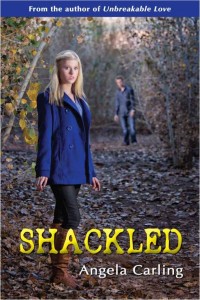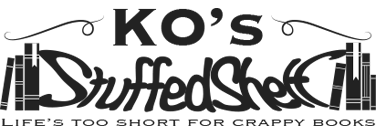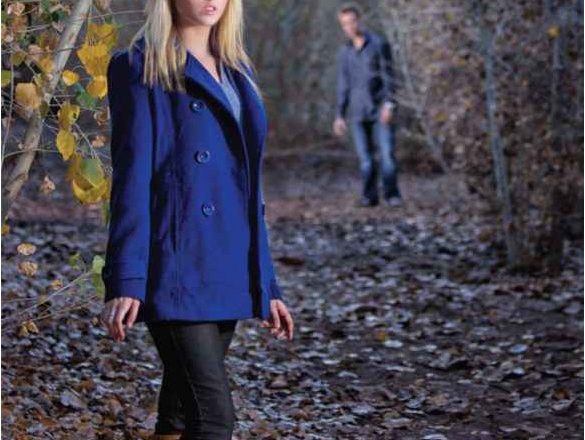 I remember once, when I was really young, having a conversation with my grandfather about strength.
I remember once, when I was really young, having a conversation with my grandfather about strength.
“Your eyes are the strongest part of your body Misty. You remember that and you’ll be just fine.” He said to me.
I thought he was out of his mind (of course) since (not only) was I dumb and completely naive, but he towered over most men I knew. 6 foot tall and made of stone, only second to my father he was the most intimidating person I knew. Insisting that my eyes, (the same eyes that were, at a very rapid pace, making their decent into blindness) were my strongest means of defense was ridiculous to me. And it wasn’t until I was 22 that I finally understood what he meant.
You may not always have the upper hand. Your height and physical strength might fail you at any given moment, but your eyes…they see everything. With them you can see pain, vulnerability, confidence, love. In them you can see deception, denial, and compassion. Eyes are the windows to the soul, (as they say) and if you pay very close attention (really look, not just see) you can pinpoint someone’s weaknesses from a mile away.
“Your eyes are the strongest part of your body.” Everything else is just a circumstance to what you see.
Sometime last year I read Angela Carling’s book “Unbreakable Love” and while I wasn’t harsh on the book, (there was no need to be…it wasn’t bad) I do remember saying that it wasn’t “all that original” (yes…hard to accomplish such a feat in a world overrun with paranormal literature.) So when I got “Shackled” in the mail my expectations were…flat. I was thrilled she had taken the time to focus on her cover art, (something I had drilled her on when we last spoke) but as for the material inside of the book, my thoughts circled around the phrase “meh.” Then I read it.
In short, this novel is about abuse. The dirty underground of civilized society that no one cares to discuss. But unlike many of the books out right now that focus on the more physical side of things (bruises and broken people) Carling focused on the much more malicious side of things. Verbal abuse. The abuse you have to really look for to see.
“After shy, quiet Lucy and her family move from their small hometown in Minnesota to Seattle, Washington, she is surprised when Ryan, the most popular boy at school, asks her out. Soon, she is swept up in a whirlwind romance and her naive and trusting nature allows her to fall head over heels in love with her too-good-to-be-true suitor. Suddenly, Lucy finds herself enraptured by the excitement of her new relationship, leaving her blinded to the warning signs of danger ahead. Can her fairy tale romance last, or will she find that her prince charming is more like a wolf in sheep’s clothing?”
I’ve discovered over the last 3 years that novels about abuse are not only the hardest for me to read, but also the most difficult for me to review.
Why?
Because how do you compliment someone on their uncanny ablity to write pain…successfully?
See, I could talk about the characters, tell you that they were believeable and felt real to me. That every insult or insinuation thrust about by Ryan and his father felt like a dagger in my own heart, but that would only justify the evil intentions of the abusers. I could talk about the setting of the book, tell you that it was average and very high-school, but in instances like these, where the why is much more inportant than the where, tid-bits like these become meaningless and inconsequential. Hell, I could even comment on the few editing errors I found amongs the hundreds of words found inside “Shackled’s” pages, but again…pointless.
So instead I’ll tell you how this book made me feel.
Defeated. Optimistic. Sad. Angry. Relieved.
As a mother I was all but screaming at the pages, disappointed that the people that claimed to care so much for Lucy were too blind to see what was happening right in front of them. OPEN YOUR EYES! I would yell. But as a woman, I was sad. Sad that Lucy, who at first was so strong would allow her own mind to manipulate her, making excuses for Ryan’s extreme behavior. But that’s just it isn’t it. Verbal abuse breaks people, morphs them into meek fragments of their former selves, and this is what Carling showed us. The effects of being “shackled.”
Kudos to Carling who took a chance on a sensitive topic and delivered it in a sad but captivating way.
Highly recommended for teen audiences and parents who just want to prepared. It never hurts to know the signs, just incase.
Happy reading my fellow Kindle-ites and remember: Accuracy of observation is the equivalent of accuracy of thinking. – Wallace Stevens
Click image for additional details
[Rating:4.5/5]
Book Trailer






